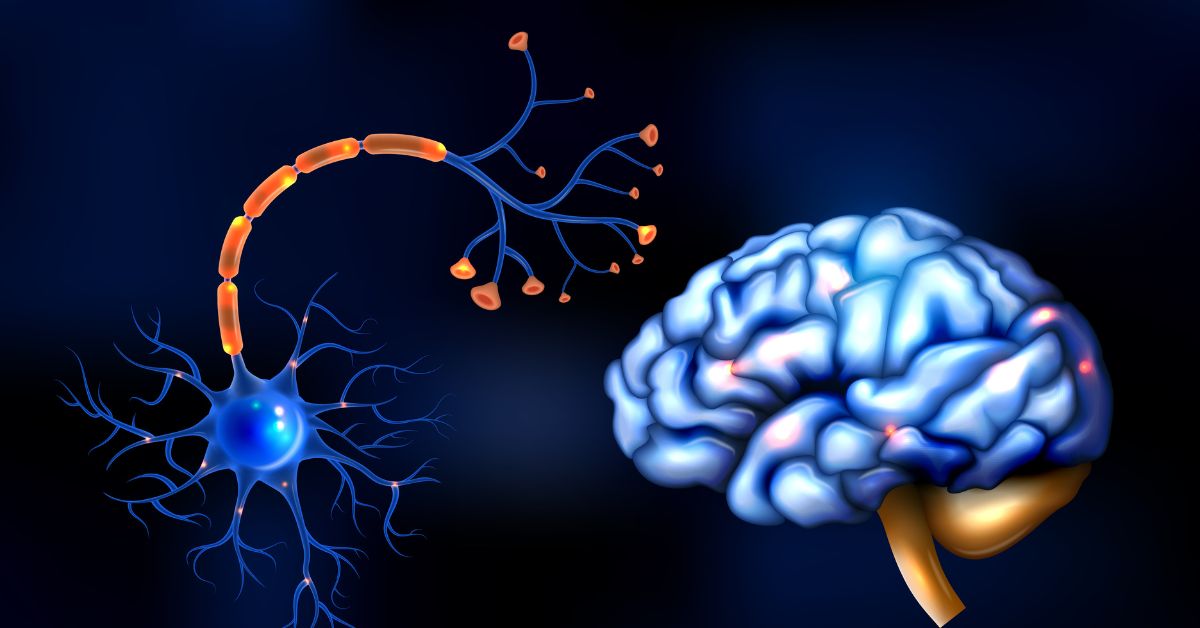What is Motor Neurone Disease?
Motor Neurone Disease (MND) is a progressive, life-limiting neurological condition that affects the nerve cells in the brain and spinal cord. It attacks the motor neurones, which are responsible for controlling movement, leading to muscle weakness and wasting. Unfortunately, there is no known cure and it can be a devastating diagnosis for those affected by it.
MND usually strikes during middle age and progresses rapidly over a period of months or years. Symptoms vary from person to person but commonly include difficulty speaking or swallowing, muscle twitching or spasms as well as the gradual loss of mobility. Ultimately it leads to complete paralysis of all voluntary muscles including breathing muscles which can lead to early death due to respiratory failure.
This article will explore how people living with MND are battling this terrible disease with strength and courage against all odds.
Symptoms and Causes
Motor Neurone Disease, or MND, is a progressive neurological disorder that affects the motor neurons in the body. It causes nerves to gradually stop working, leading to muscle weakness and paralysis. Battling MND requires an understanding of both its symptoms and potential causes.
Common symptoms of motor neurone disease include muscle twitching and cramps, difficulty speaking, swallowing or breathing, walking difficulties, loss of grip strength and an overall weaker physical state. As the condition progresses over time these symptoms worsen as more nerves become affected by the disorder. For those suffering from MND it is important to recognise these signs early on so that effective treatment can be sought out quickly.
Diagnosis and Treatment
Battling Motor Neurone Disease is a daunting and often discouraging task. For those diagnosed, it can be an uphill battle to manage their physical and mental health on a daily basis and live life as normally as possible. Accessing the right care is essential in making this process more manageable.
One of the most beneficial treatments for those with Motor Neurone Disease is live-in care. This approach usually involves having a professional caregiver come directly into your home to provide tailored support for each patient’s individual needs. This type of care helps people remain in the comfort of their own home while still receiving all necessary medical assistance from qualified staff members. It also provides greater flexibility when it comes to accommodating changes in mobility or other aspects of their condition, allowing you to receive the best possible treatment at all times.
Impact on Patients and Caregivers
Motor Neurone Disease (MND) is an incurable and debilitating neurological condition that affects a person’s ability to move, speak, swallow and breathe. The impact of MND on patients and the people who care for them can be devastating. Those diagnosed with MND face an uncertain future as the disease progresses at varying speeds in different individuals.
The effects on patients are far-reaching, from increased fatigue and difficulty breathing to complete loss of mobility. Caregivers too must cope with physical, emotional and financial demands as they provide support for their loved one. Decisions about treatment options can be difficult for both patient and caregiver alike, depending on individual circumstances.
For some it is necessary to make major lifestyle adjustments including changes in employment or residential arrangements.
Ways to Help
Battling Motor Neurone Disease (MND) is a challenge for those living with it, as well as their families and friends. For many, even the smallest of everyday activities can become difficult or impossible to complete. Fortunately, there are ways to help those affected by MND and make their lives easier in some small way.
The first step to helping someone battling MND is understanding the condition. This includes educating yourself on the basic facts about MND, such as how it affects the body and what treatments are available. Additionally, understanding how this condition impacts patients’ daily lives and what can be done to make things simpler will be beneficial for both you and the person living with MND.
Another way you can help someone living with MND is by providing practical assistance such as helping out around the house or providing transportation when needed.
Conclusion
Motor Neurone Disease (MND) is a debilitating neurological disorder that affects the brain’s ability to communicate with muscles throughout the body. It can cause loss of movement, speech and breathing difficulties, as well as immense physical and psychological distress. Battling this devastating disease has been an ongoing challenge for those afflicted and their families.
Despite recent advances in research, treatments and support services, MND remains incurable. In light of this harsh reality, doctors, researchers and health professionals must continue to collaborate in order to develop effective strategies for improving quality of life and care outcomes for those living with MND. A commitment to raising awareness about the importance of early diagnosis should also be at the forefront of any efforts towards finding better treatment options or ultimately a cure.


Comments are closed.